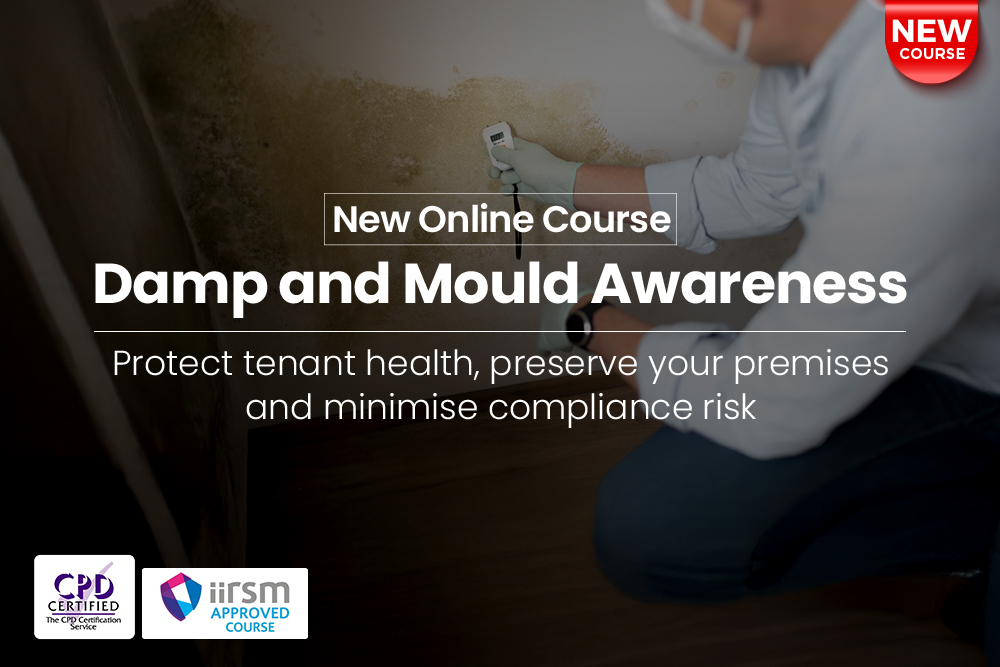
Miscarriage can be challenging to talk about. Because miscarriage can be extremely difficult to deal with.
There’s the obvious grief of the loss of the unborn child. Grief can often be followed by feelings of guilt. Women who have experienced a miscarriage may blame themselves or examine their choices or lifestyle, looking for some explanation.
One question that is commonly asked is: Can stress cause miscarriage?
Some would say yes, others no. The sad truth is that it’s still unclear if stress is a factor in miscarriage, but compelling evidence suggests there is a link.
In this guide, we’ve collected recent studies and research investigating the link between stress and miscarriage. Until there’s total agreement from the medical community, the best we can do to answer the question is to look at the latest evidence.
The Impact of Stress on Our Health
While there’s no conclusive link between stress and a heightened risk of miscarriage, there is clear evidence that stress impacts our health.
The effects of stress on each person vary, depending on a few different factors. The more severe and prolonged a stressful period is, the worse the impact is on our health. But there’s no way to quantify stress and everyone experiences it differently. Your tolerance to stress will be affected by a few factors, including your:
- Genes
- Personality
- Background
- Life experiences
No one is impervious to stress, though. What’s stressful to some might be bearable to others, which means the physical impact can vary, too. Someone’s overall health also affects the severity of the symptoms, as stress can aggravate existing conditions. The duration of the stressful period also plays a part – generally, the more prolonged someone is stressed, the worse the impact it will have on their health.
Because of all the factors involved, listing every recognised physical symptom or consequence of stress is impossible. But during periods of stress, people can commonly experience:
- Weakened immune response – people under stress can be more susceptible to other illnesses
- Cardiovascular problems – including high blood pressure and increased heart rate over a prolonged period, both of which can increase the likelihood of a heart attack
- Gastrointestinal problems – stress has been shown to cause a range of gastrointestinal symptoms, such as heartburn, indigestion, nausea and vomiting
On top of these physical symptoms, stress can also impair memory and cognitive function, making it harder to concentrate or make decisions.
Then, there are the indirect effects stress can have on our bodies. It can be difficult to fall asleep when we have a lot on our minds, which harms our well-being. It’s also possible that people experiencing stress can turn to unhealthy coping mechanisms such as alcohol, drugs or smoking, which can lead to further physical and psychological harm.
Popular Opinion
Whatever the specific circumstances, it’s clear that stress can be harmful. It’s also known that a pregnant mother’s health directly impacts her unborn child.
Dr Matthew Jolly, National Clinical Director for the Maternity Review and Women’s Health, NHS England, states that:
“Health for women before, during and after pregnancy sets the foundation for pregnancy and the lifelong health of their children.”
This is not a singular opinion. Doctors and medical professionals agree that a pregnant mother’s mental and physical well–being is a critical factor in the health of their unborn child. NHS guidance explicitly states that addressing mental health problems and stress can reduce risks during pregnancy. Another study has drawn a link between mothers experiencing anxiety and depression and issues with foetal development.

Considering these facts, it’s entirely understandable why many people, including some of those same medical professionals, believe stress can cause miscarriage.
But this is where you start to see a gap between the scientific community and popular opinion. Yes, stress is unhealthy. Yes, a mother’s poor health can impact their unborn child. Yet, despite this logical progression, it’s still impossible to definitively say that stress can directly cause miscarriage.
Why Doctors Can’t Say for Sure
A theory must be tested and proved under the right conditions to be accepted as fact.
Look at the example of the relationship between Human Papillomavirus (HPV) and cervical cancer. It’s been shown that vaccines against HPV infection can prevent cervical cancers. Doctors initially theorised there was a link between these two conditions, but only after years of study and research were they able to prove it. One of the study methods they used was a case-control study. Doctors compared women with cervical cancer (the cases) to those without cervical cancer (the controls), confirming the theory.
The problem is it would be impossible to do similar research to definitively answer if stress can cause miscarriage. Any case-control study trying to prove the link between stress and miscarriage would have to involve doctors knowingly putting pregnant women under mental duress to form the ‘case’ group. With what we already know about women’s health and its impact on their pregnancy, it would be completely unethical to do this.
Some research methods get around this issue, however.
What Some Studies Suggest
While researchers can’t carry out case-control studies to investigate the link between stress and miscarriage, they can perform what’s known as a retrospective study.
Retrospective studies involve researchers looking at data collected by other people for other reasons, which does have some limitations. Since the data wasn’t collected first-hand nor exclusively to test the link between stress and miscarriage, scientists can’t totally trust its accuracy. This means that the broader medical community can’t totally trust the findings.
With all this being said, retrospective studies are still a valid form of medical research, and scientists can account for some inherent shortcomings.
Retrospective studies looking at the issue strongly indicate that stress is a possible cause of miscarriage or, at the least, there is evidence of a link. One paper published in 2017, which pooled data from multiple other studies for a more comprehensive picture, found that psychological stress before and during pregnancy is associated with miscarriage. It’s not a conclusive answer, but it’s probably the best we’ll have for some time.
Work-Related Stress
Other studies have supported the findings of that particular 2017 paper, with one looking specifically at work-related stress and its effect on pregnancy.
This paper found work that’s considered stressful physically, psychologically, or both will have adverse effects on pregnancy, including an increased risk of miscarriage. It also found that these risks increased with greater levels of stress.
Where to Find Support
If you or someone you love has been affected by miscarriage, there are organisations and resources you may find helpful.
The NHS offers advice on support groups, counselling and treatment. They also provide further links to charitable organisations offering support.
Tommy’s, a leading pregnancy charity, also offers specific guidance on miscarriage.
How You Can Create a Stress-Free Work Environment
Employers are legally obligated to provide their staff with a safe, secure work environment. This obligation requires employers to assess their workplace for risks and control or, even better, eliminate them entirely. There are obvious physical risks, but employers must also consider mental health hazards, including work-related stress.
And since stress affects everyone differently, it can be hard to spot every mental health hazard or accurately evaluate its level of risk. That’s where training comes in.
Our online stress awareness training course will help you understand workplace stress, spot potential causes and support those experiencing it. You’ll be able to comply with health and safety legislation and offer support for your employees, helping boost morale, productivity and staff retention. You’ll also know that you’re doing what you can to support every employee’s health and give them the best possible environment in which to work.
































































































































































































































































































































































































































































































































































































































































































































































